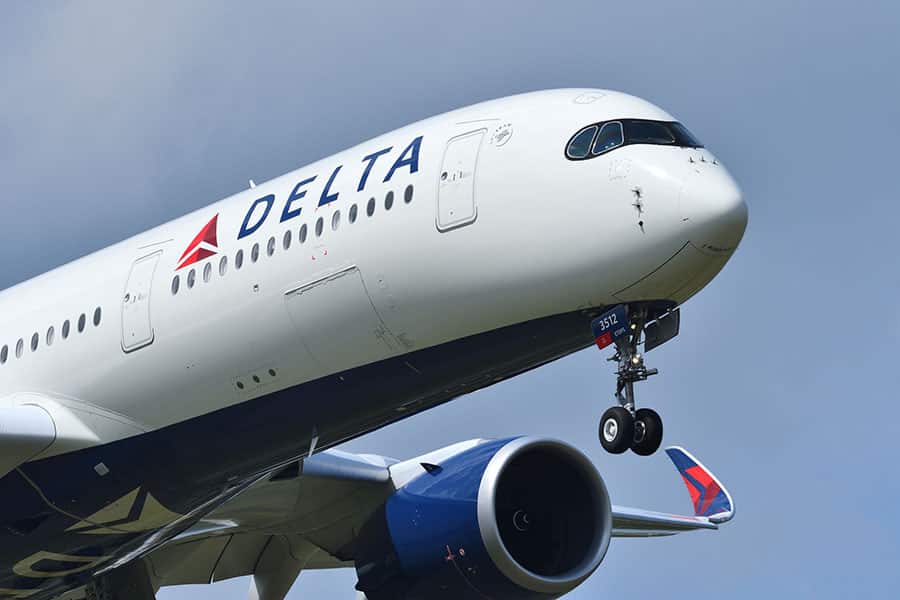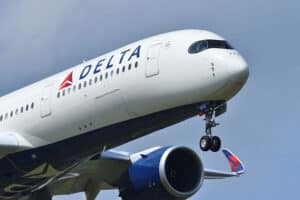
A recent legal dispute involving Delta Air Lines is bringing renewed attention to Washington’s Equal Pay and Opportunities Act (EPOA), a law that requires employers to disclose salary ranges in job postings. The case, filed by job applicant Brian Davis, underscores the growing importance of pay transparency and the legal consequences for companies that fail to meet state requirements.
The Core of the Dispute
Davis alleges that Delta violated the EPOA by omitting wage information from job listings targeting Washington-based applicants. The law, which took effect on January 1, 2023, mandates that most employers include a wage scale or salary range when advertising open positions. Davis is seeking to represent a class of applicants who applied for Delta jobs in Washington since the law’s implementation.
Initially filed in King County Superior Court, the case was moved to federal court by Delta in mid-2024. However, Davis is now asking for the case to be returned to state court, arguing that federal jurisdiction is inappropriate because he did not claim personal injury, a requirement for standing in federal court.
Legal Precedent and Jurisdictional Debate
Davis’ motion to remand leans heavily on a recent Washington Supreme Court decision that broadened the definition of “job applicant” under the EPOA. The ruling clarified that plaintiffs do not need to prove they were “bona fide” or “good faith” applicants to bring a claim under the statute. This precedent supports Davis’ argument that his case belongs in state court, where such limitations do not apply.
He also points out that his lawsuit mirrors more than twenty similar cases that have been remanded due to lack of injury-in-fact, a key threshold for federal cases. Davis is seeking $5,000 in damages and argues that his share of attorney fees would not exceed the $75,000 minimum required for federal diversity jurisdiction.
Delta’s Response and Constitutional Challenge
In its response, Delta contends that Davis was likely a genuine applicant and that the case meets federal jurisdictional standards. The airline also challenges the constitutionality of Washington’s pay transparency law, claiming it interferes with interstate commerce.
Despite these arguments, Davis maintains that the case is straightforward and should be resolved through legal motions rather than a lengthy trial. He anticipates that the matter will be settled based on class certification and summary judgment.
Emery | Reddy’s Role in the Case
Brian Davis is represented by Timothy W. Emery, Patrick B. Reddy, and Paul Cipriani of Emery | Reddy, PC The case highlights our firm’s ongoing efforts to hold employers accountable under state labor laws and ensure transparency for job seekers.




